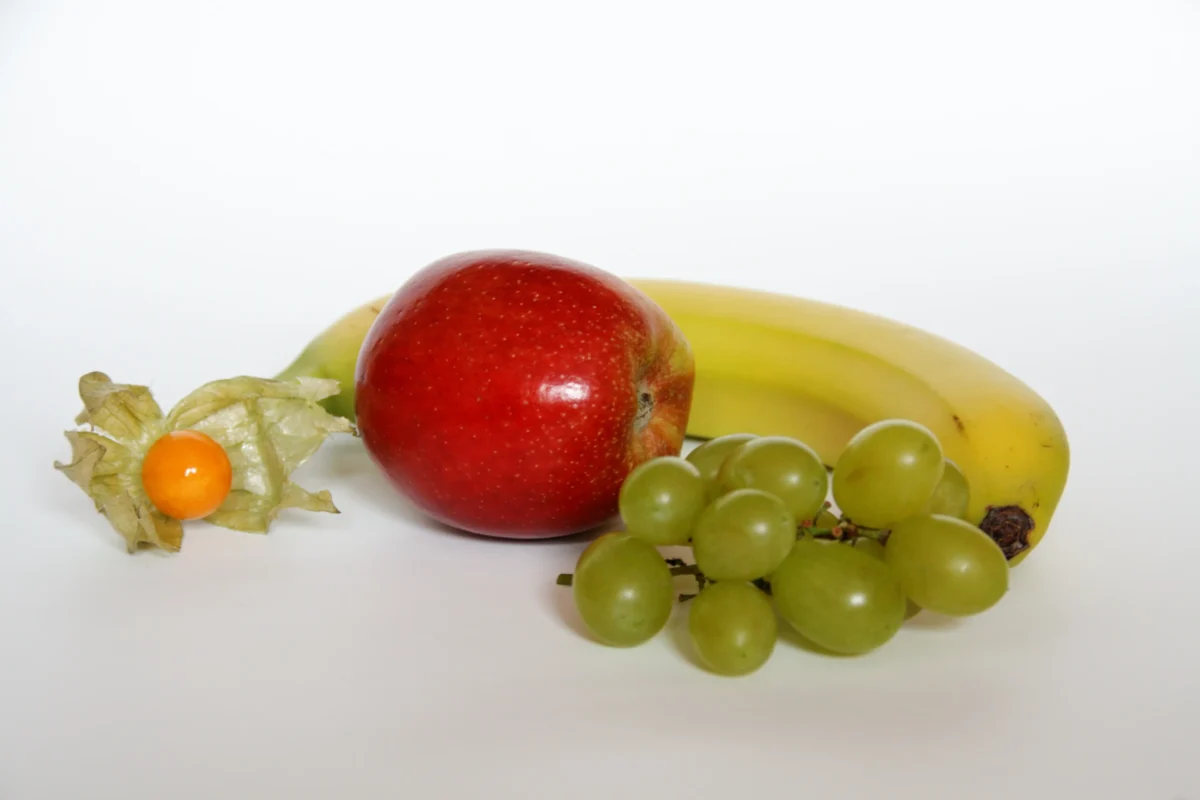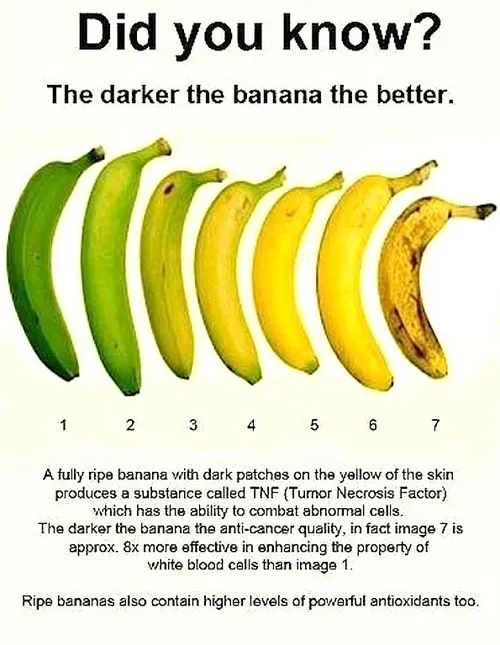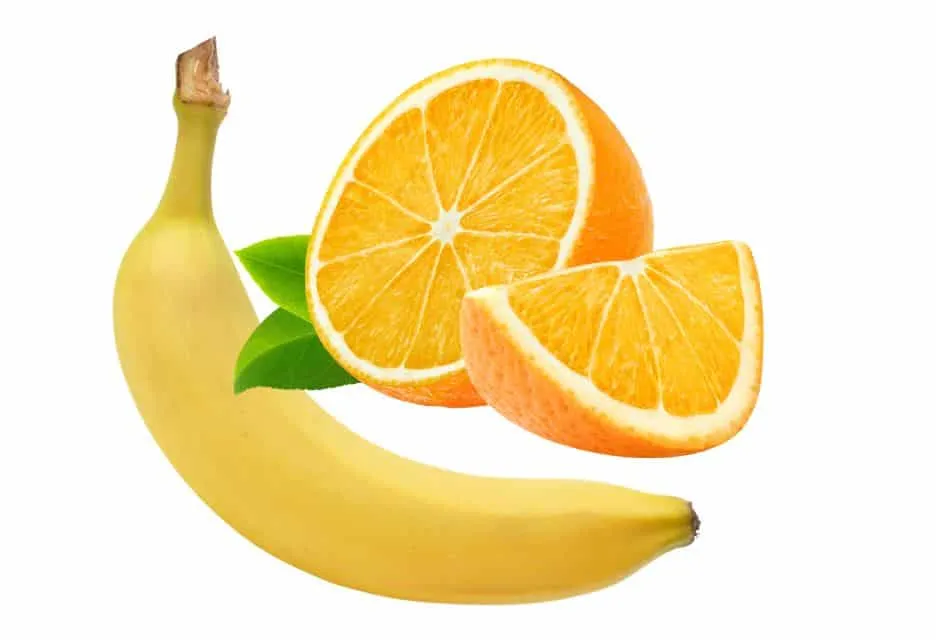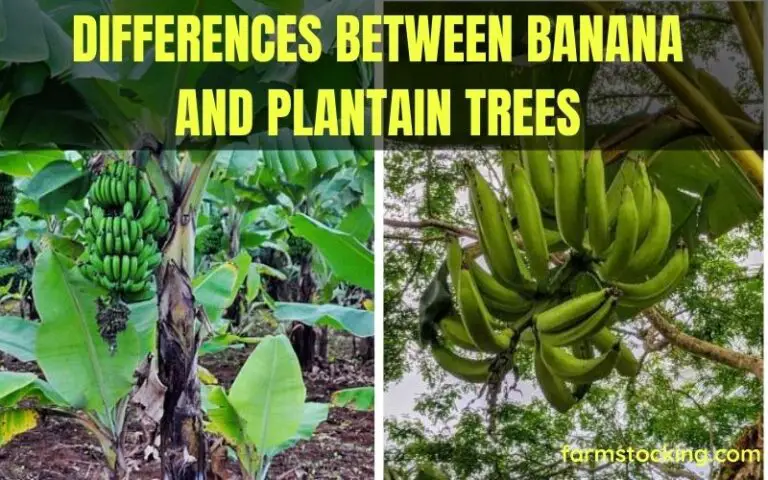Keep Your Bananas Fresh with These Simple Tricks: How to Prevent Bananas from Turning Brown
Bananas are a versatile fruit that can be enjoyed in a myriad of ways. However, one of the biggest frustrations that people face when it comes to bananas is how quickly they turn brown. If you`re looking to learn more about how to prevent bananas from turning brown, you`ve come to the right place.
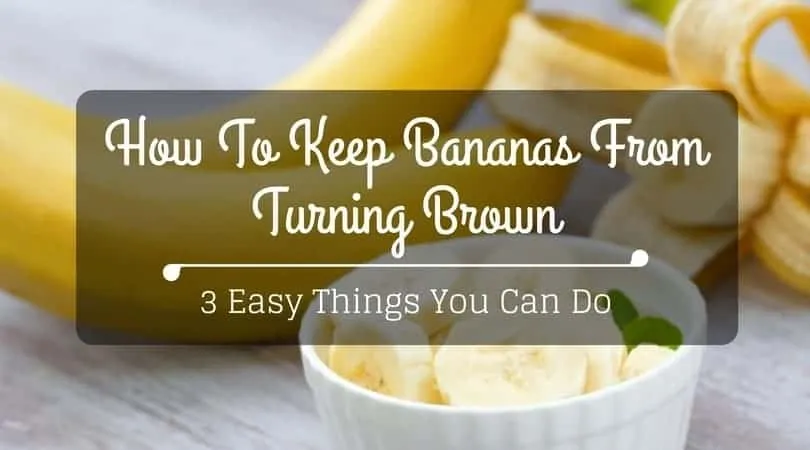
In this article, we`ll explore why bananas turn brown and share some easy ways to keep them fresh for longer. We`ll also offer some tips for storing your bananas to ensure they stay ripe and ready for snacking. And, if you find yourself with a bunch of overly ripe or brown bananas, we`ve got you covered with some tasty recipes that you can whip up in no time.
So, whether you`re a regular banana eater or just looking to reduce your food waste, keep reading to learn more about how to prevent bananas from turning brown.
Why do bananas turn brown?

Bananas are a deceptively simple fruit, with their yellow peel and sweet taste. But have you ever wondered why they turn brown so quickly? The answer lies in the chemical reactions that occur when a banana is exposed to oxygen.
When a banana is peeled or cut, enzymes within the fruit break down amino acids and other compounds into smaller molecules. This process produces hydrogen peroxide, which then reacts with polyphenols in the banana to form melanin – the same pigment that gives our skin its color.
As more melanin is produced, the banana begins to darken and eventually turn brown. This process can be slowed down by reducing exposure to oxygen – for example, by wrapping bananas in plastic or keeping them in an airtight container.
Interestingly, different types of bananas will turn brown at different rates due to variations in their genetic makeup. Some varieties may stay fresh for several days after being cut or peeled, while others will begin browning almost immediately.
In conclusion, understanding why bananas turn brown can help us better preserve this beloved fruit and make it last longer. By taking steps to reduce exposure to oxygen and choosing bananas with slower browning rates, we can enjoy this nutritious snack for even longer periods of time.
Ways to prevent bananas from turning brown.
Bananas are a staple fruit in many households, but their tendency to turn brown quickly can be frustrating. Luckily, there are several ways to prevent this from happening and keep your bananas looking fresh for longer.
One effective method is to wrap the stems of your bananas in plastic wrap or aluminum foil. This prevents ethylene gas, which causes fruits to ripen and eventually spoil, from escaping the stem and reaching the rest of the banana.
Another trick is to store your bananas away from other fruits that produce high levels of ethylene gas, such as apples or avocados. Keeping them in a well-ventilated area also helps regulate their temperature and prevent moisture buildup.
For those who prefer a more natural solution, rubbing lemon juice on the exposed flesh of a cut banana can help slow down oxidation and browning. Alternatively, soaking sliced bananas in cold water with a splash of vinegar or citrus juice can also achieve similar results.
Incorporating these simple tips into your banana storage routine will not only save you money by reducing waste but also ensure that you always have fresh-looking bananas on hand for snacking or baking purposes!
Tips for storing bananas to keep them fresh.

Bananas are a beloved fruit that can be enjoyed in many ways, from smoothies to banana bread. But keeping them fresh can be a challenge. Here are some tips for storing bananas to help extend their shelf life and keep them tasting delicious.
Firstly, it’s important to note that bananas should not be kept in the refrigerator as this can cause them to turn brown and mushy. Instead, store your bananas at room temperature where they will ripen naturally.
If you want to slow down the ripening process, consider separating your bananas from each other. This is because when they are bunched together, they release ethylene gas which speeds up the ripening process. By separating them from each other, you can extend their shelf life and keep them fresher for longer.
Another tip is to wrap the stems of your bananas with plastic wrap or aluminum foil. This will help prevent ethylene gas from escaping and therefore slow down the ripening process.
Lastly, if you have ripe bananas that you’re not quite ready to use yet, consider freezing them for later use. Simply peel your ripe bananas and place them in a freezer-safe container or bag until you’re ready to make banana bread or a smoothie.
By following these simple tips for storing bananas, you can enjoy this delicious fruit at its best while reducing food waste at the same time!

Recipes for using ripe or overripe bananas.
« if banana is apple apple is grapes
The Ultimate Guide to Knowing When Your Banana Bread is Done: Tips and Tricks for Perfect Baking! »
When it comes to ripe or brown bananas, many people might be tempted to throw them away. But did you know that these bananas are actually perfect for creating delicious and nutritious recipes?
One option is banana bread. Simply mash up those ripe or brown bananas and mix them with flour, sugar, eggs, and other ingredients of your choice. Bake it in the oven for a tasty and satisfying treat.
Another great recipe idea is banana pancakes. Mash up those bananas again and mix them with pancake batter for a sweet twist on a classic breakfast dish.
For something more savory, try using ripe or brown bananas in a curry dish. The sweetness of the banana pairs perfectly with spicy flavors like curry powder or cumin.
And let’s not forget about smoothies! Blend up those overripe bananas with some yogurt, milk, and other fruits for a healthy and refreshing drink option.
Don’t let those ripe or brown bananas go to waste – get creative in the kitchen and try out some of these delicious recipe ideas!
Check out our other articles to find out even more about banana.
From understanding why bananas turn brown to finding delicious recipes for ripe and browned fruit, with this article we hope you’ve learned more about the wonderful fruit that is the banana! There are many other aspects of bananas worth exploring. So if you’re looking to find out even more about one of nature’s most beloved fruits, be sure to check out our other articles.







